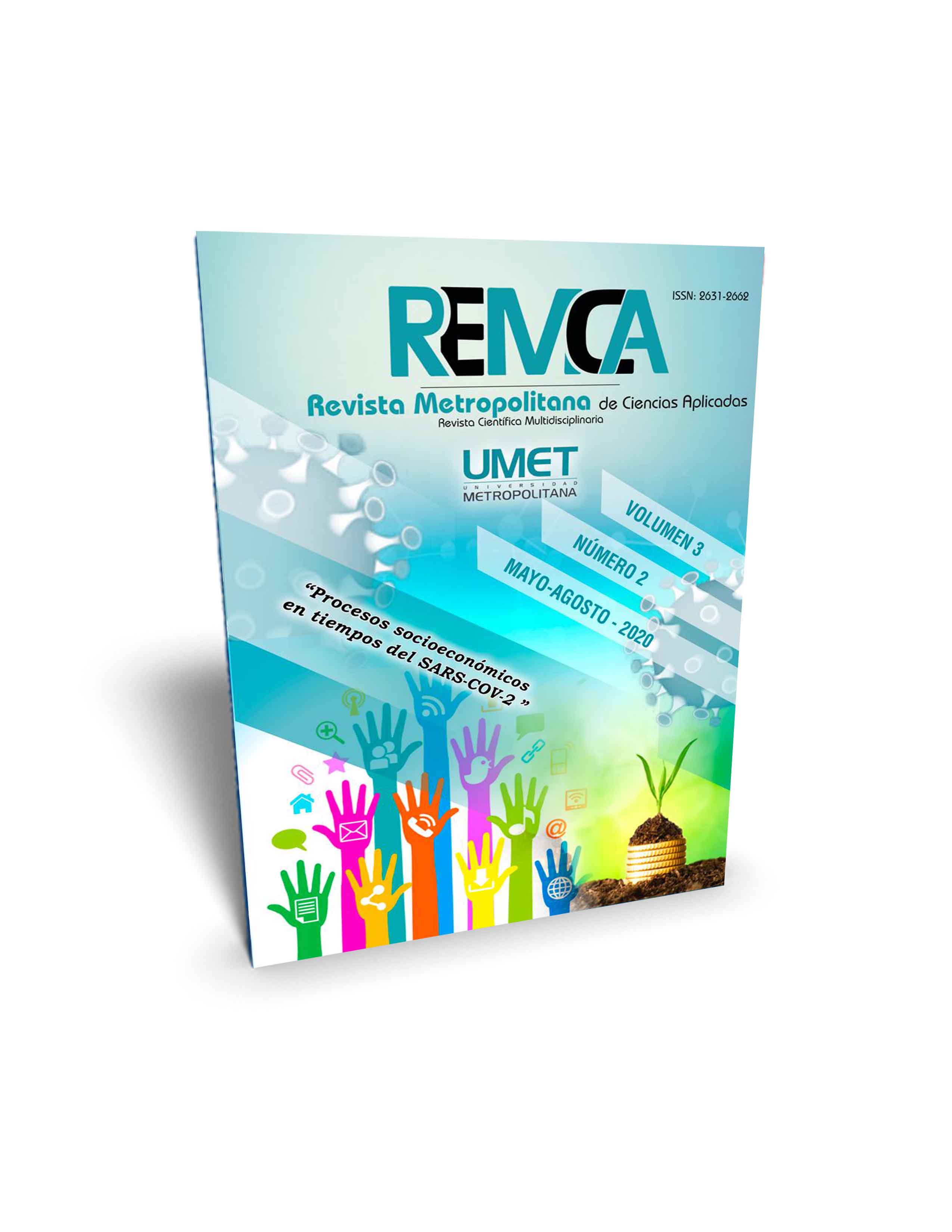Experiencia tradicional con nuevo enfoque para recuperar la naturaleza de la Física
DOI:
https://doi.org/10.62452/rwv77w82Palabras clave:
Naturaleza de la Física, resolución de problemas, actividad experimentalResumen
Recuperar la naturaleza de la Física a través de diseñar un enfoque que promueva la integración de la comprensión cualitativa y cuantitativa del fenómeno que se estudia en el contexto de una experiencia clásica, en un ambiente de continua interacción entre pares. En la investigación se realizó un estudio de casos. El resultado fue un enfoque de enseñanza más integrador y actual, del estudio del movimiento ascendente de un cuerpo sobre una rampa de un plano inclinado. Lo que llama a un rediseño de los currículos con apertura a problemas reales y creíbles, más que una lista de contenidos.
Descargas
Referencias
Acevedo-Díaz, J. A., Vázquez-Alonso, Á., Manassero-Mas, M. A., & Acevedo-Romero, P. (2007). Consensos sobre la naturaleza de la Ciencia: Fundamentos de una investigación empírica. Revista Eureka sobre Enseñanza y Divulgación de las Ciencias, 4(2), 202-225.
Carrascosa, J., Gil Pérez, D., & Vilches, A. (2006). Papel de la actividad experimental en la educación científica. Caderno Brasileiro de Ensino de Física, 238(2), 157-181.
De Pro, A. (2013). Enseñar Procedimientos: por qué y para qué. Alambique Didáctica de las Ciencias Experimentales, 73, 69-76.
Fernández, B. (2004). El desarrollo de las Ciencias Exactas en Panamá en el primer centenario de la Republica (1903-2003), en Panamá: Cien años de República. Editorial Universidad de Panamá.
Gil Pérez, D., & González, E. (1993). Las prácticas de laboratorio de Física en la formación del profesorado. Un análisis crítico. Revista Enseñanza de la Física, 6 (1), 47-61.
Jaime, E. A., & Escudero, C. (2011). El trabajo experimental como posible generador de conocimiento en enseñanza de la Física. Enseñanza de las Ciencias, 29(3), 371–380.
Mcdonnell, A., Jones, M. l., & Read, S. (2000). Practical considerations in case study research: the relationship between methodology and process. Journal of Advanced Nursing 32(2), 383 – 390.
Open Source Physics. (2019). Tracker Video Analysis and Modeling Tool for Physics Education. https://physlets.org/tracker/
Perren, M. A., Bottani, E. J., & Odetti, H. S. (2004). Problemas cuantitativos y comprensión de conceptos. Enseñanza de las Ciencias, 22(1), 105-114.
Real Academia Española. (2006). Diccionario de la Lengua Española. Espasa Calpe.
Stake, R. E. (1998). Investigación con estudios de casos. Ediciones Morata.
Vasilief, I. (2019). The QtiPlot Handbook. https://www.qtiplot.com/doc/manual-en/index.html
Vázquez Bernal, B., Jiménez-Pérez, R., Mellado Jiménez, V., & Martos Carrasco, M. (2009). Formación y Enseñanza de las Ciencias. Estudio de caso de una profesora de Ciencias de Secundaria. Revista Electrónica. Interuniversitaria de Formación del Profesorado, 12(3), 99-109.
Descargas
Publicado
Número
Sección
Licencia
Derechos de autor 2020 Omayra Janeth Pérez Castro (Autor/a)

Esta obra está bajo una licencia internacional Creative Commons Atribución-NoComercial-CompartirIgual 4.0.
Los autores que publican en la Revista Metropolitana de Ciencias Aplicadas (REMCA), están de acuerdo con los siguientes términos:
1. Derechos de Autor
Los autores conservan los derechos de autor sobre sus trabajos sin restricciones. Los autores otorgan a la revista el derecho de primera publicación. Para ello, ceden a la revista, de forma no exclusiva, los derechos de explotación (reproducción, distribución, comunicación pública y transformación). Los autores pueden establecer otros acuerdos adicionales para la distribución no exclusiva de la versión de la obra publicada en la revista, siempre que exista un reconocimiento de su publicación inicial en esta revista.
© Los autores.
2. Licencia
Los trabajos se publican en la revista bajo la licencia de Atribución-NoComercial-CompartirIgual 4.0 Internacional de Creative Commons (CC BY-NC-SA 4.0). Los términos se pueden consultar en: https://creativecommons.org/licenses/by-nc-sa/4.0/deed.es
Esta licencia permite:
- Compartir: copiar y redistribuir el material en cualquier medio o formato.
- Adaptar: remezclar, transformar y crear a partir del material.
Bajo los siguientes términos:
- Atribución: ha de reconocer la autoría de manera apropiada, proporcionar un enlace a la licencia e indicar si se ha hecho algún cambio. Puede hacerlo de cualquier manera razonable, pero no de forma tal que sugiera que el licenciador le da soporte o patrocina el uso que se hace.
- NoComercial: no puede utilizar el material para finalidades comerciales.
- CompartirIgual: si remezcla, transforma o crea a partir del material, debe difundir su creación con la misma licencia que la obra original.
No hay restricciones adicionales. No puede aplicar términos legales ni medidas tecnológicas que restrinjan legalmente a otros hacer cualquier cosa que la licencia permita.




